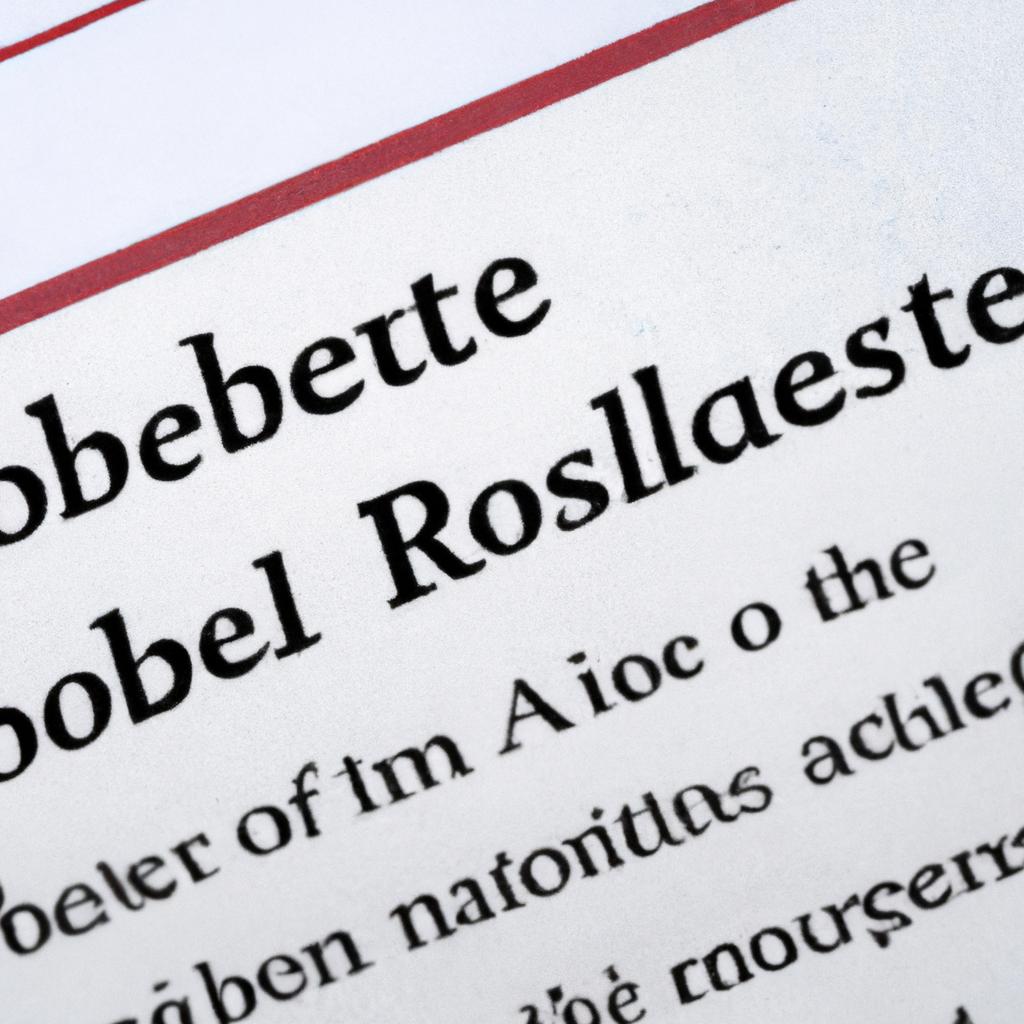As an executor of an estate, navigating the process of selling a vehicle can be a daunting task. From handling legal hurdles to ensuring a fair market value, the responsibilities can seem overwhelming. At Morgan Legal Group, our team of experienced professionals in New York City is well-equipped to guide you through the intricate terrain of selling a car as executor of an estate. With a focus on estate planning, probate, elder law, Wills, and trusts, we are committed to providing our clients with comprehensive support and expert advice every step of the way. Let us help you efficiently and effectively manage the sale of a vehicle during this challenging time.
Navigating the legal process of selling a car as executor of an estate
involves several important steps to ensure a smooth and legally compliant transaction. First and foremost, it is crucial to obtain the necessary legal authority to act on behalf of the estate as the executor. This may require obtaining letters testamentary or letters of administration from the probate court, depending on the specific circumstances of the estate.
Once you have the legal authority to act, you must then take the following steps to sell a car as executor of an estate:
- Determine the value of the car: It is important to have the car appraised to establish its fair market value.
- Obtain necessary documentation: Gather the car’s title, registration, and any other relevant paperwork.
- Advertise the car for sale: Utilize appropriate channels to market the car to potential buyers.
- Negotiate the sale: Work with interested buyers to negotiate a fair price for the car.
- Transfer ownership: Complete the necessary paperwork to transfer the title of the car to the new owner.
In summary, selling a car as executor of an estate can be a complex process that requires careful attention to detail and adherence to legal requirements. By following the proper steps and seeking guidance from experienced legal professionals, you can successfully navigate the legal process and ensure a successful sale of the car on behalf of the estate.
Understanding the obligations and responsibilities of selling a vehicle in probate
As the executor of an estate, you have important obligations and responsibilities when it comes to selling a vehicle in probate. It is crucial to understand the legal requirements and steps involved in this process to ensure everything is handled appropriately.
Here are a few key points to consider when selling a car as the executor of an estate:
- Identify the estate assets: Before selling the vehicle, you must accurately identify and assess all assets of the estate, including the car.
- Obtain necessary documents: Make sure to gather all relevant documents, such as the title, registration, and any insurance information related to the vehicle.
- Appraise the value: It is important to determine the fair market value of the car before selling it to ensure a fair and legal transaction.

Maximizing the value of the car while meeting legal requirements
When selling a car as the executor of an estate, it is crucial to maximize the value of the vehicle while also ensuring that all legal requirements are met. To achieve this, it is important to follow the necessary steps and consider the following tips:
1. Get the car appraised: Before listing the car for sale, have it appraised by a professional to determine its worth accurately. This will help you set a fair selling price and potentially maximize the value of the vehicle.
2. Complete any necessary paperwork: Ensure that all necessary paperwork, such as the title transfer and any required disclosures, is completed correctly. Failing to do so can result in legal issues down the line. Be sure to also transfer any warranties or guarantees to the new owner to avoid any potential liability.
| Tip: | Consider hiring a professional estate attorney to guide you through the process and ensure that all legal requirements are met. |
 experienced estate planning attorneys for guidance and support”>
experienced estate planning attorneys for guidance and support”>
Consulting with experienced estate planning attorneys for guidance and support
When selling a car as the executor of an estate, it is crucial to consult with experienced estate planning attorneys for guidance and support. Estate laws can be complex, and navigating the process of selling assets, such as a vehicle, requires careful attention to detail. An experienced attorney can provide invaluable advice on how to properly transfer the title of the car, handle any outstanding debts or taxes related to the vehicle, and ensure that the sale proceeds are distributed in accordance with the deceased’s wishes.
Working with knowledgeable attorneys can help streamline the process of selling a car as executor of an estate, saving time and minimizing any potential legal issues. An attorney can also assist in determining the fair market value of the vehicle, negotiating with potential buyers, and drafting any necessary legal documentation. By seeking guidance from estate planning professionals, you can ensure that the sale of the car is handled efficiently and in compliance with applicable laws.
Q&A
Q: I am the executor of an estate and need to sell a car that was part of the deceased’s assets. How do I go about doing this?
A: Selling a car as the executor of an estate can be a complex process, but with the right guidance, it can be done smoothly and efficiently.
Q: What steps do I need to take in order to sell the car?
A: First, you will need to determine the value of the car, either through a professional appraisal or by researching similar models. Once you have a price in mind, you will need to obtain the necessary legal documentation, such as the title and any relevant death certificates.
Q: Is there anything I need to be aware of when selling a car as an executor?
A: It is important to follow the proper legal procedures when selling a car as an executor, as you will be acting on behalf of the deceased’s estate. Make sure to consult with a probate attorney to ensure that you are fulfilling your duties correctly and in accordance with the law.
Q: Can I sell the car directly to a buyer, or do I need to go through a specific process?
A: In most cases, you will need to sell the car through the estate, rather than as an individual seller. This may involve obtaining approval from the court or from the beneficiaries of the estate. It is important to follow the proper procedures to avoid any legal complications.
Q: Are there any tax implications to consider when selling a car as executor of an estate?
A: Yes, there may be tax implications to consider when selling a car as executor, depending on the value of the car and the laws in your jurisdiction. Make sure to consult with a tax professional to ensure that you are in compliance with any tax regulations.
Q: What should I do with the proceeds from the sale of the car?
A: The proceeds from the sale of the car should be used to settle any debts or expenses of the estate, or distributed to the beneficiaries as outlined in the deceased’s will. Make sure to keep accurate records of the sale and the distribution of the proceeds for legal and accounting purposes.
Future Outlook
Selling a car as executor of estate can be a complex process, but with careful planning and attention to detail, you can navigate through it successfully. By following the steps outlined in this article, you can ensure that the sale of the car is handled smoothly and in accordance with the law. Remember to seek professional advice if you encounter any difficulties along the way. And most importantly, take your time and be patient as you work through the various aspects of selling a car as an executor of an estate. Thank you for reading, and best of luck with your endeavors.

